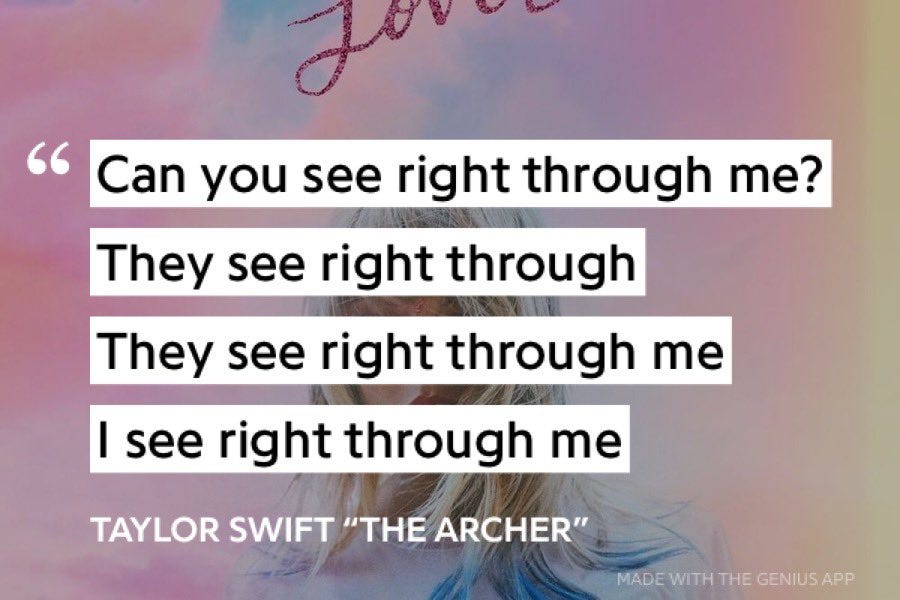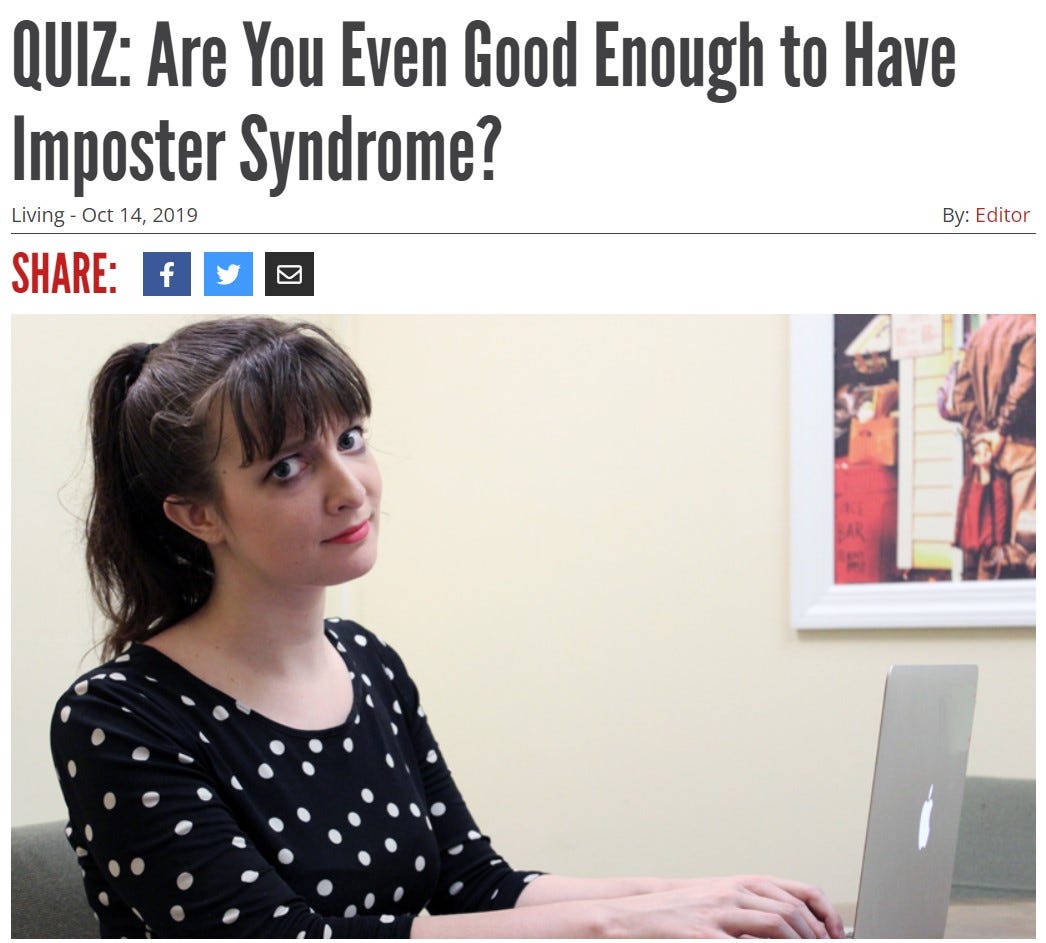In my previous The Sunday Currently entry, I gushed about my first research conference where I would be presenting my first ever research paper in Silliman University. As of writing, the conference is a few days away, and I’ve just finished making my presentation. Don’t get me wrong, this is probably one of the biggest highlights of this year and I am very happy about it, but let me be vulnerable for the next few minutes and admit that I have some doubts.
Reading the acceptance letter from the organizers back in May left me feeling all warm and fuzzy inside, the way you would when you hang out with an old friend after so long and things have not changed, or you finally kiss the person that you like for the very first time. It’s the kind of feeling you know you’ll always remember no matter what happens next. This was my first try at submitting a paper—a research paper—and I got accepted? I got accepted. The god complex immediately took over, and for a while I basked in the high of having accomplished so much without working too hard. Like every good thing that happens in my life, the euphoria slowly washed away, and I started to question it until the warmth felt like a bad sunburn. Why did I get accepted anyway? What did they see? Were they being less picky this time around? Did they lack in promotions that they ended up accepting whatever submission their email received?
I spent over a month feeling stuck with the paper itself. It did not help that I had only written the abstract and submitted that to them despite my paper being unfinished, because it felt like cheating. It was as if the only reason I got accepted was because I won them over with my abstract that I was really thoughtful about, never mind the rest of the paper. It was as if I had fooled them, because beyond the carefully written summary of my research, there’s actually nothing more to it.
I am trying to remind myself that doubt is normal. Doubt is not bad or out to get me. It is definitely not a disguise for shame, although doubt seems to be related to it in some way. Both are some of the many emotions that people lazily classify as negative, and both are good at making you feel like crap when you have not honed your emotional regulation skills. There’s even a psychological buzzword used to describe the marriage between doubt and shame that haunt you in regard to the success you attain: impostor syndrome. It is said that a lot of well-accomplished people experience impostor syndrome, believing that they might have been too skilled in fooling everyone that they ended up with the kind of success that they have and convincing themselves that they deserve none of it. Impostor syndrome tries to talk you out of celebrating your achievements, asking you this question over and over again until you hear your own voice: are you even good enough for this?
Since I started working four years ago, I’ve always felt like I was cosplaying a functioning adult. In my previous workplace this didn’t bother me so much, as I had friends closer to my age who echoed the same sentiment and we all bonded over not feeling like a Real Human Bean™. Now that I’m in an entirely new chapter of my life where I get to work with older people who have established themselves in the academe, it is scary to feel like none of my attempts at trying to make something out of myself are real or lasting. It is ironic that in the last year alone my career has done a complete 180 and I’m so much closer to where I want to be, yet the doubt and shame have never been this strong. I’m embarrassed by how often I am tempted to ruin all of this for myself just to get it all over with, but so far I have managed to come to my senses by the last minute and realize that things aren’t as bad as they seem. The worst that has happened so far is receiving feedback for how I can do better, but if I’m being honest that doesn’t seem too bad anymore.
I find it curious as to why I lean towards self-sabotage whenever something good happens in my life and how I was wired that way. Why am I not used to good things happening to me? What is it about experiencing any kind of happiness that makes it feel unbelievable? Turns out that the answer is simple: I am not used to this. There is nothing instinctive about savoring the good in my life or believing that I’m deserving of what I achieve, because I’ve always spent my successes worried about two things: how long will this last, and what’s next?
And don’t get me started with the other side to impostor syndrome that terrifies so many people—it is the possibility of finding out that you’re actually not as special as you seem, or that you aren’t really the best. Sometimes you realize you don’t even come close. The damage this could do to my god complex is unimaginable and I try not to think about it, but some nights it cannot be helped. All this time you’ve been worrying about fooling everyone into believing that you’re worthy of praise when in reality the problem is that you’re hardly even cosplaying a successful person.
I recently finished The Bear, and while there were bigger moments in the new season worth talking about, the episode with Luca (Will Poulter) is probably one of my top scenes ever. I had a lightbulb moment listening to him talk about how for a long time, he thought he was the best at what he did until he met a different cook who humbled him big time. “And it was the first time I realized that I wasn’t the best, and I was never gonna be the best,” Luca reflected. “So I started looking at it like it was a good thing. Like, at least I knew who the best was now and I could take that pressure off myself. And the only logical thing to do was to try and keep up with him.”
This week I leave for Dumaguete where I will participate in a research conference for the first time as a presenter. This is entirely new territory for me both in a literal and figurative sense, and it is taking a tremendous effort to believe that I deserve this. I know that I am not the best in the field, or if I ever will be, but it won’t hurt to try. I just have to keep in mind that in becoming the best version of myself, there is nothing to lose but shame.





